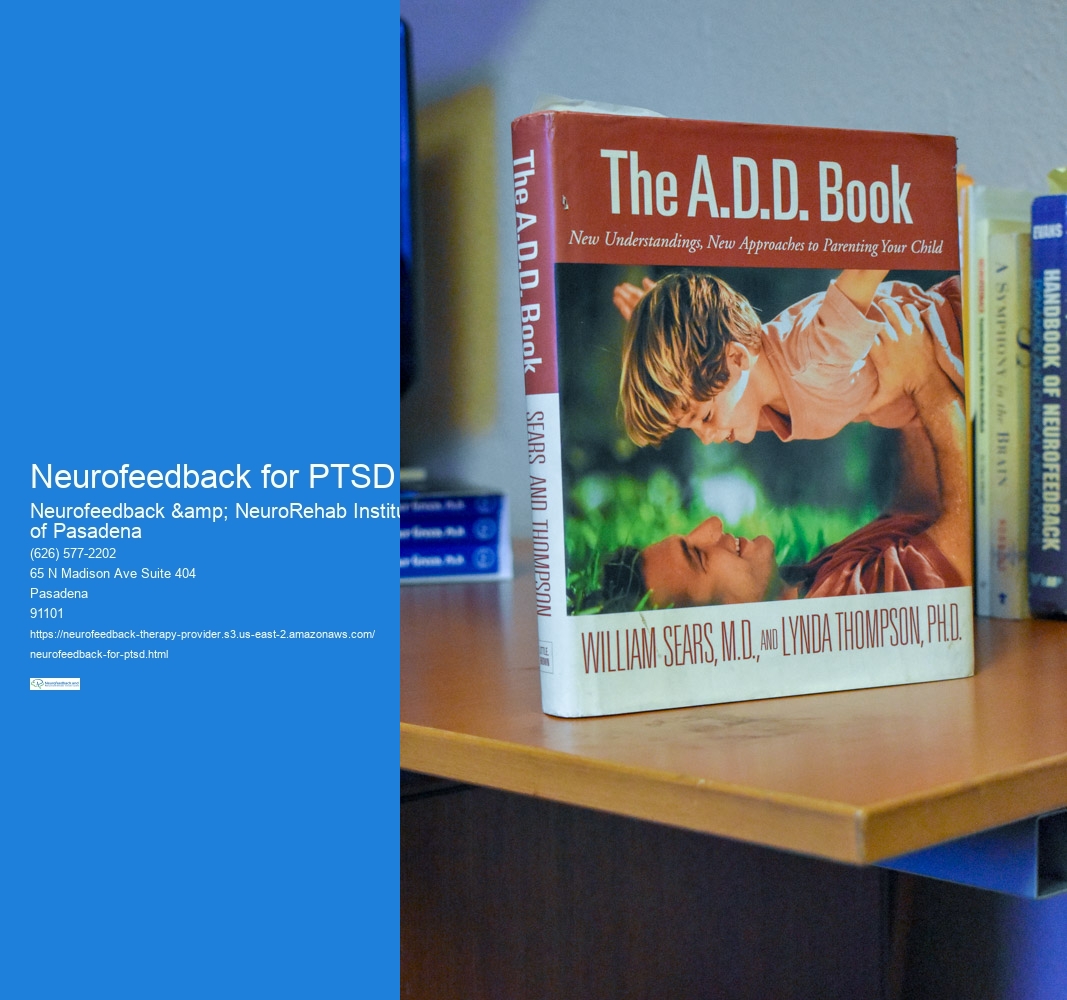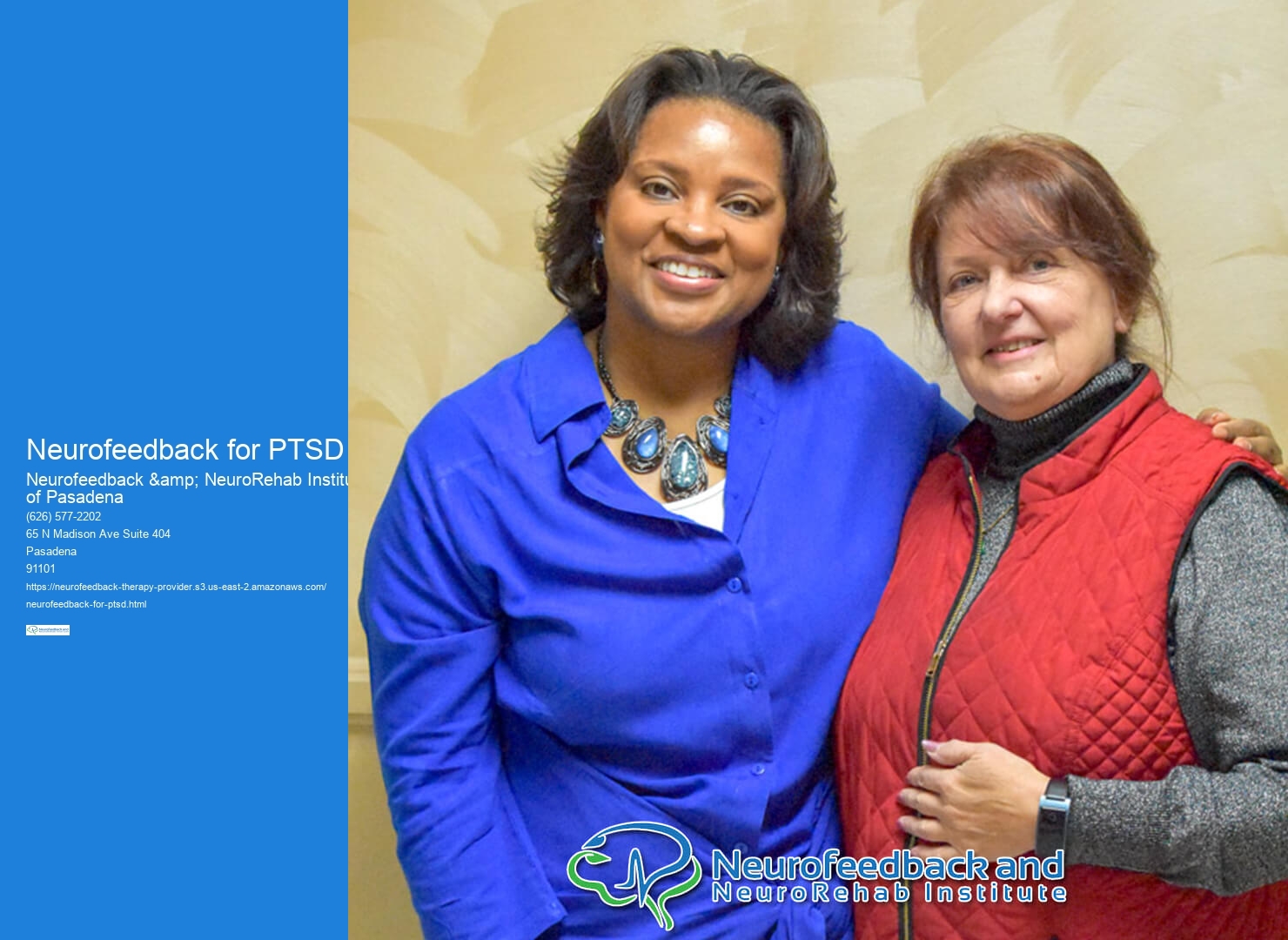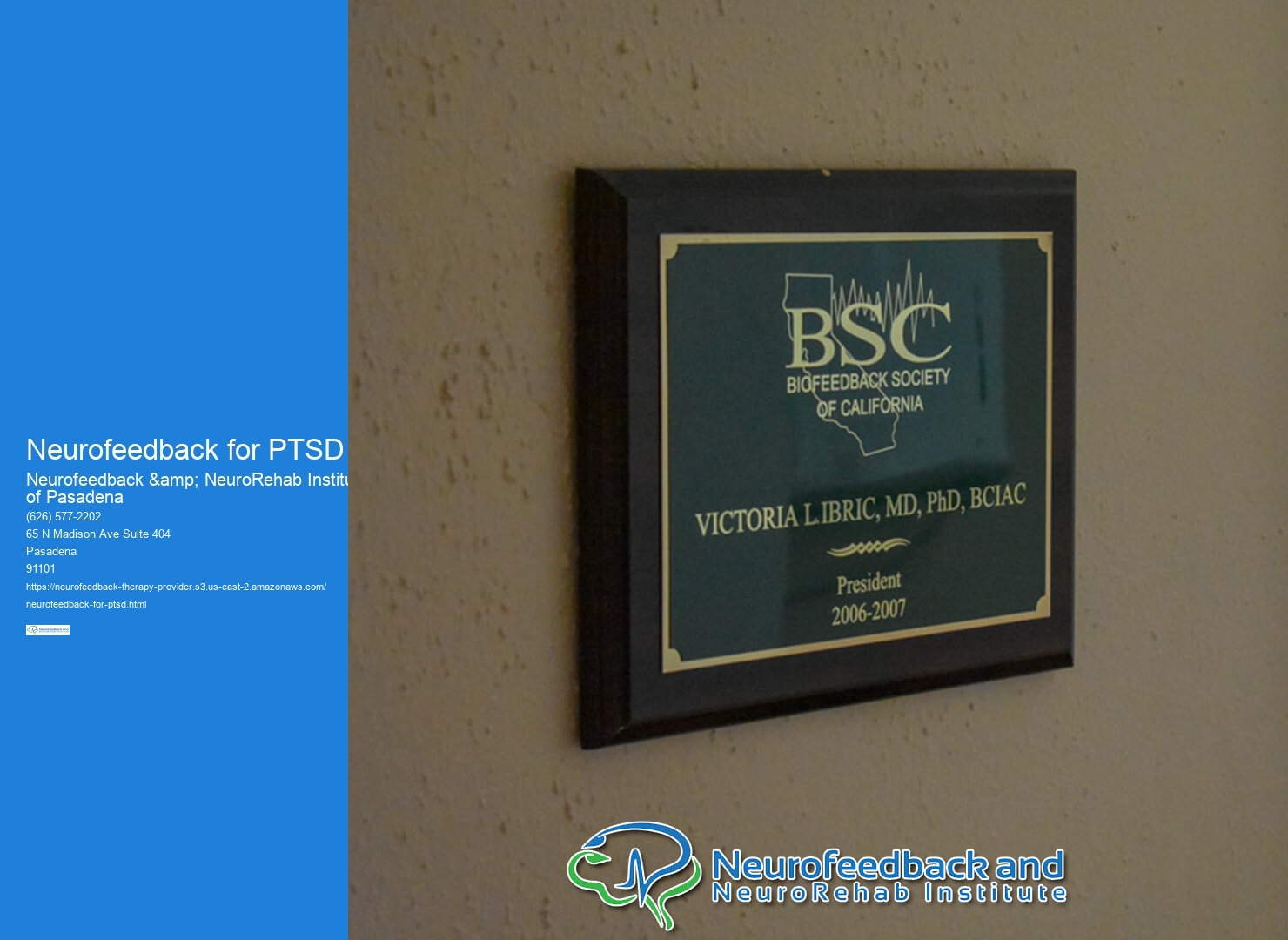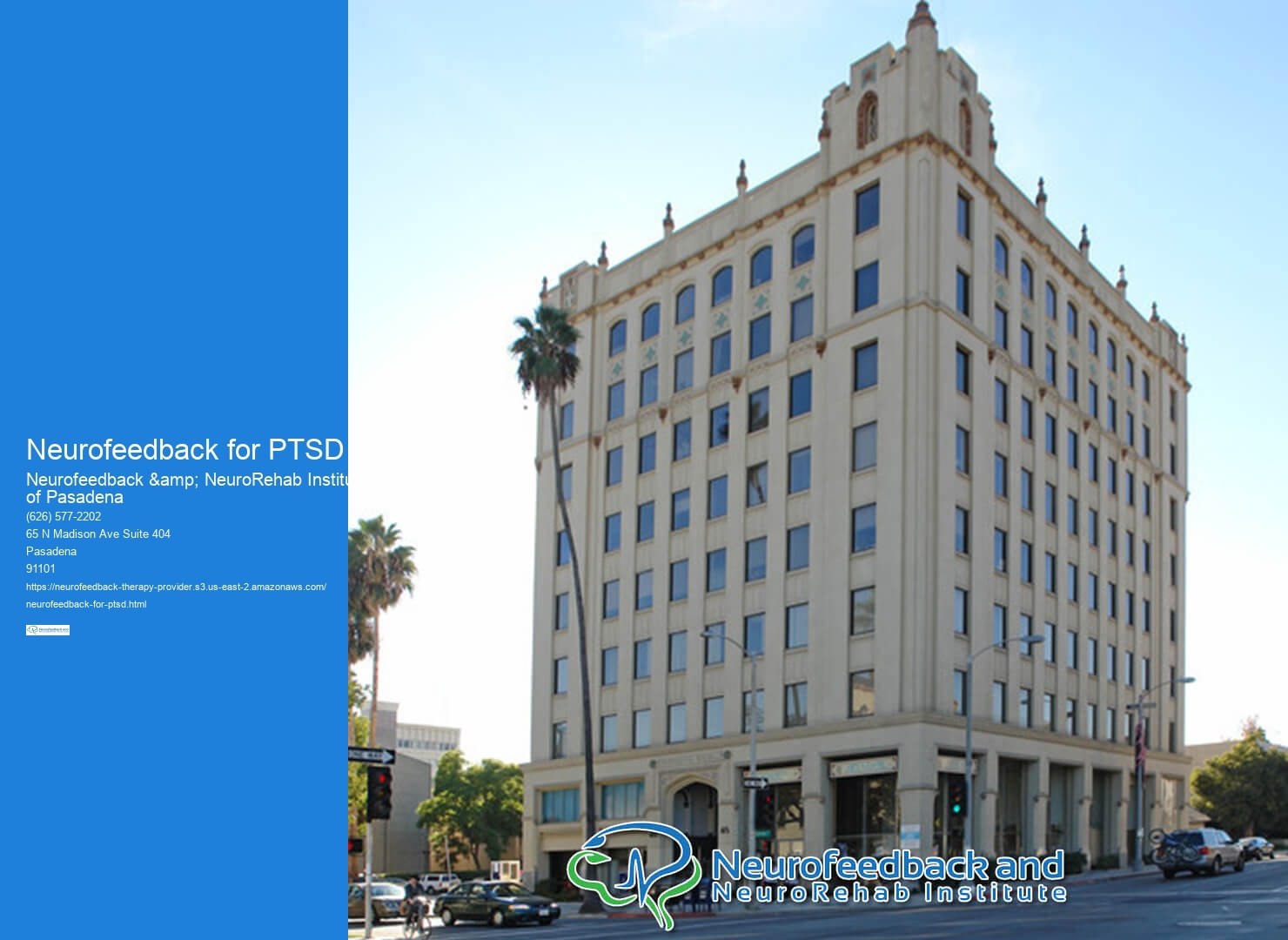

Neurofeedback targets the symptoms of PTSD by focusing on regulating the brainwave patterns associated with the condition. Specifically, it aims to address the dysregulation of brainwave activity, such as increased theta and decreased alpha and beta waves, which are commonly observed in individuals with PTSD. By training the brain to self-regulate and optimize these patterns, neurofeedback aims to reduce symptoms such as hyperarousal, hypervigilance, and emotional reactivity commonly experienced in PTSD.
The specific brainwave patterns that neurofeedback aims to address in individuals with PTSD include increasing alpha and beta waves while decreasing theta waves. Alpha waves are associated with relaxation and calmness, while beta waves are linked to focus and alertness. On the other hand, elevated theta waves are often observed in individuals with PTSD and are associated with heightened stress, anxiety, and intrusive thoughts. Neurofeedback Facility By targeting these specific brainwave patterns, neurofeedback aims to help individuals with PTSD achieve a more balanced and regulated state of brain activity.
Neurofeedback can be used as a standalone treatment for PTSD, although it is often integrated with other therapeutic approaches for comprehensive care. While some individuals may benefit from neurofeedback as the primary intervention, others may find it beneficial when used in conjunction with other therapies such as cognitive-behavioral therapy (CBT), eye movement desensitization and reprocessing (EMDR), or medication management. The decision to use neurofeedback as a standalone treatment or in combination with other therapies depends on the individual's unique needs and the recommendations of their healthcare provider.

When using neurofeedback to treat PTSD, there are specific protocols and guidelines that practitioners follow, although the approach is also individualized to each person's symptoms. Practitioners typically conduct a thorough assessment to identify the individual's specific brainwave patterns and symptoms before designing a personalized neurofeedback protocol. This tailored approach ensures that the neurofeedback training targets the individual's unique brainwave dysregulation and addresses their specific PTSD symptoms.
Brain Training CoachResearch and evidence support the effectiveness of neurofeedback for PTSD treatment, with studies demonstrating improvements in symptoms such as anxiety, hyperarousal, and emotional dysregulation. EEG Biofeedback Therapist Neurofeedback has been shown to help individuals with PTSD achieve better self-regulation, reduced reactivity to trauma triggers, and improved overall quality of life. While more research is needed to further establish its efficacy, the existing evidence suggests that neurofeedback can be a valuable intervention for individuals with PTSD.

When considering the use of neurofeedback for individuals with PTSD, it's important to be aware of potential contraindications and risks. While neurofeedback is generally considered safe, individuals with certain neurological conditions or seizure disorders may not be suitable candidates for this intervention. Additionally, some individuals may experience temporary side effects such as fatigue or mild discomfort during or after neurofeedback sessions. Brain Training Specialist It's essential for healthcare providers to conduct a thorough assessment and consider any potential contraindications before recommending neurofeedback for individuals with PTSD.
The timeline for seeing results from neurofeedback treatment for PTSD can vary depending on the individual and their specific symptoms. Brainwave Regulation Therapist Some individuals may experience improvements in their symptoms after a few sessions, while others may require more extensive training to achieve significant changes. The effects of neurofeedback treatment for PTSD can be long-lasting, particularly when combined with other therapeutic approaches and ongoing support. Consistent and personalized neurofeedback training, along with a comprehensive treatment plan, can contribute to sustained improvements in symptoms and overall well-being for individuals with PTSD.

Neurofeedback has shown promise in cognitive enhancement for seniors by targeting specific brainwave patterns associated with memory, attention, and executive function. By utilizing neurofeedback training, seniors may experience improvements in cognitive abilities, such as working memory, processing speed, and overall mental acuity. This non-invasive technique involves real-time monitoring of brain activity and providing feedback to help individuals learn to self-regulate their brain function. Research suggests that neurofeedback may contribute to enhanced cognitive performance, neuroplasticity, and overall brain health in the aging population. Additionally, the use of neurofeedback in seniors may also support emotional well-being, sleep quality, and overall quality of life.
Neurofeedback, also known as EEG biofeedback, is a non-invasive technique that aims to improve brainwave coherence by providing real-time feedback on brainwave activity. Through the use of specialized equipment, individuals are able to observe and regulate their brainwave patterns, promoting greater synchronization and coherence among different brain regions. This process involves the modulation of specific frequency bands, such as alpha, beta, theta, and delta waves, to enhance overall brainwave coherence. By targeting and training specific brainwave patterns, neurofeedback can help individuals achieve a more balanced and harmonious brainwave activity, leading to potential improvements in cognitive function, emotional regulation, and overall well-being.
Neurofeedback has shown promise in aiding substance abuse recovery by targeting the brain's neural pathways associated with addiction. Research suggests that neurofeedback can help individuals regulate their emotions, reduce cravings, and improve impulse control, all of which are crucial in overcoming substance abuse. By utilizing neurofeedback, individuals can learn to self-regulate their brain activity, leading to improved cognitive function and emotional stability. This non-invasive technique has been found to be effective in addressing the underlying neurological imbalances that contribute to substance abuse, offering a holistic approach to recovery. Additionally, neurofeedback can complement traditional therapies, such as counseling and medication, to enhance the overall treatment outcomes for individuals seeking recovery from substance abuse.
Yes, neurofeedback has been found to be effective in improving sleep quality. By utilizing neurofeedback training, individuals can learn to regulate their brainwave patterns, which can lead to better sleep patterns and overall improved sleep quality. Neurofeedback can help individuals address issues such as insomnia, restless sleep, and difficulty falling asleep. By targeting specific brainwave frequencies and training the brain to achieve a more balanced and relaxed state, neurofeedback can contribute to better sleep hygiene and overall well-being. Additionally, neurofeedback can help individuals manage stress, anxiety, and other factors that may be impacting their sleep, leading to a more restful and rejuvenating sleep experience.